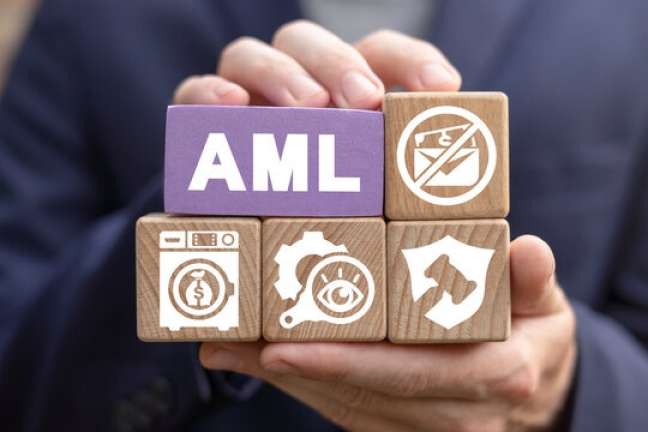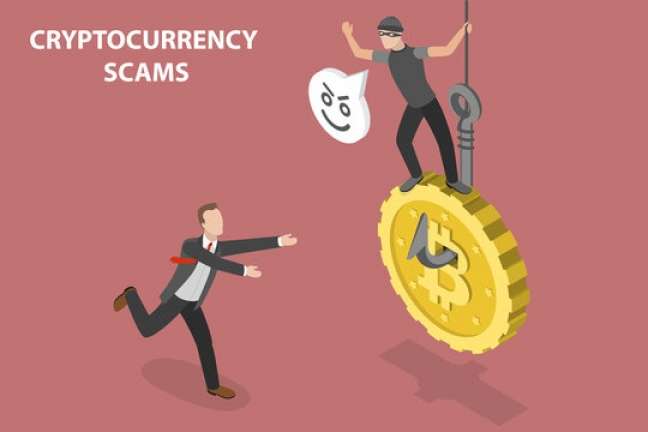There are many risks for investors in the world of cryptocurrencies. This is because exchanges keep a sizable quantity of digital money, amounting to billions of dollars, on behalf of users. However, one scenario in particular keeps people awake at night: What if the crypto exchange you rely on suddenly goes under? This frightening notion haunts those with cryptocurrency holdings. What happens to your cryptocurrency if a cryptocurrency exchange closes, then, is the issue that naturally arises. Can investors reclaim their money, or does their diligently won cryptocurrency simply disappear? The concern intensifies as investors ponder the fate of their assets, emphasizing the importance of ensuring the security of their investments, even in the context of seemingly free registration on some platforms.
Reasons Behind the Crash of Cryptocurrency Exchange
Sadly, collapsing cryptocurrency exchanges have recently been a common problem. A confluence of forces frequently topples even powerful figures. Risk management is essential; for instance, Mt. Gox 2014 took on too much risk and experienced security issues, losing millions of dollars as a result. When Bitfinex was hacked in 2016, $72 million in Bitcoin was lost. Despite being in operation, Bitfinex distributed the loss by taking 36% from each user. Some exchanges take a risk by investing in iffy assets, like FTX, which results in enormous losses. Without any monitoring, the exchange invested money in speculative coins and assets.
The value of many investments plummeted in 2022 when the whole cryptocurrency market crashed, leaving FTX with a mountain of debt that compelled the company to declare bankruptcy. Due to FTX and Alameda having mixed assets, the situation deteriorated. Another important problem resembles a bank run. Only a small portion of customer balances are kept in immediate usage by cryptocurrency exchanges; the remainder is invested to generate earnings. As a result, not all deposits are immediately available. Exchanges may be unable to make payments if a surge of withdrawals is sparked by market fear, as was the case with Celsius in 2022.
What Occurs When a Cryptocurrency Exchange Closes Down?
Bankruptcy Filings
A big cryptocurrency exchange typically files for bankruptcy when it recognizes it is bankrupt and unable to pay its debts. Withdrawals from customers are halted, and formal legal action is begun. The transaction typically operates under Chapter 11 bankruptcy protection and files documentation with the bankruptcy court. This enables them to reform under judicial oversight. An impartial trustee oversees the case, assessing assets and liabilities, alerting creditors, and gathering claims from account holders.
The “automatic stay” of the court prevents measures against the exchange while it is in bankruptcy. During the hearing phase of the case, users cannot access their funds. A judge ultimately decides whether or not the exchange should be closed or restructured with a repayment plan. To reclaim their money, account holders must submit claims and wait for a ruling.
Regulations and Investigations
Before a major crypto exchange fails, governmental organizations like the U.S. Securities and Exchange Commission (SEC) and Commodity Futures Trading Commission (CFTC) typically launch an inquiry into the company’s operations. They examine the exchange’s records to look for suspicious activity such as fraud, money processing errors, securities law violations, or client deception. They have the authority to impose fines, penalties, and other sanctions if they find wrongdoing. Top executives may potentially be charged with crimes, depending on how serious the activities were.
Loss of User Funds
Users losing access to their bitcoin that was stored on the exchange, which might be a lot of money, is the biggest damage. When an exchange ceases operating, deposits might become stranded and potentially become permanently lost. This entails losing many people’s savings. This occurs as a result of exchanges keeping consumer deposits in pooled accounts under their management. Users cannot recover their cryptocurrency if an exchange closes. These deposits aren’t insured, unlike money kept in a traditional bank. Users are unable to recoup their losses without access to secret keys.
To Learn More: Institution Trading of Crypto: The Essence and Role
















